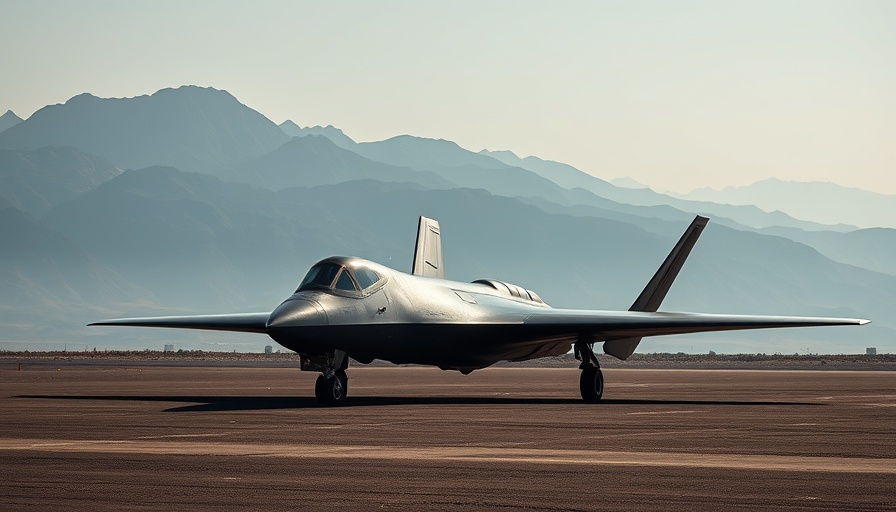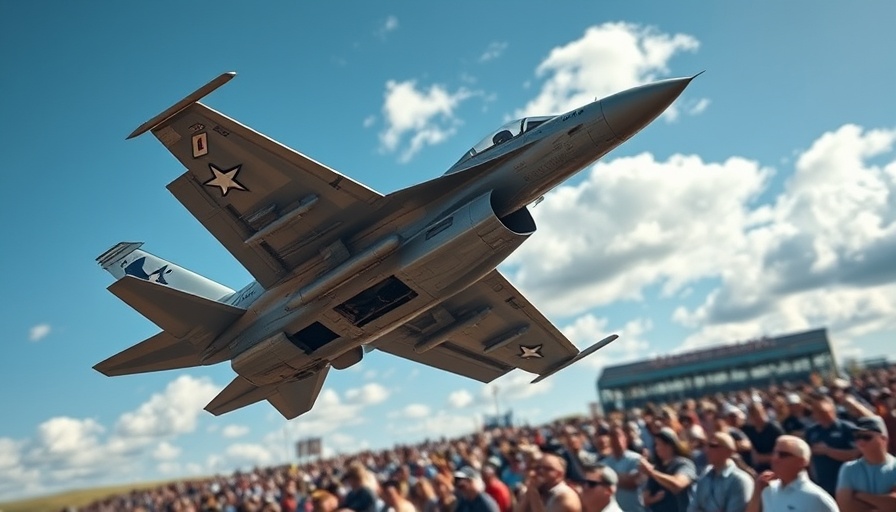
Growing Concerns Over Nuclear Capabilities
In the wake of the recent conflict between Israel and Iran, the debate over strategic air power has resurfaced, particularly regarding Israel's defense capabilities. The Twelve-Day War in June highlighted the challenges Israel faces without robust air power, especially when it comes to neutralizing threats posed by Iran's underground nuclear infrastructure.
During this brief conflict, the U.S. was compelled to intervene using its B-2 Spirit stealth bombers, emphasizing Israel's vulnerability in such military engagements. This intervention not only showcased the need for stronger Israeli capabilities but also positioned the U.S. military as a direct participant in the region's volatile security landscape.
The Bunker Buster Act: A Bipartisan Initiative
In response to these concerns, Representatives Josh Gottheimer and Mike Lawler have introduced the bipartisan Bunker Buster Act. This legislative proposal aims to authorize the U.S. president to support Israel's defense by providing Massive Ordnance Penetrators (MOPs)—sophisticated bunker-buster bombs—and the aircraft necessary to deploy them. By doing so, the U.S. government aims to eliminate potential Iranian nuclear threats and bolster Israel's defense mechanisms.
A Path Forward for Israeli Defense
Equipping Israel with advanced bombers capable of carrying MOPs is not a new concept. It has been a recurring topic among U.S. lawmakers and military analysts. Notably, past discussions have centered on providing Israel with B-2 bombers, which are currently the only aircraft certified to deploy such massive munitions. The lack of heavy bombers in the Israeli arsenal limits the nation's ability to conduct independent strikes on hardened targets without U.S. support.
Navigating Complex Alliances
While the notion of arming Israel is often framed within the context of bolstering American national security, it raises pertinent questions about the geopolitical dynamics in the Middle East. Empowering Israel with strategic air power involves evaluating how such actions impact U.S.-Iran relations and broader regional stability.
Concluding Thoughts: A Shifting Landscape
The ongoing dialogue concerning Israel's aerial capabilities illustrates a significant shift in U.S. foreign policy discussions related to Middle Eastern conflicts. As legislators continue to push for increased military support for Israel amidst escalating threats, the objectives of maintaining regional security and balancing global power will be front and center.
 Add Row
Add Row  Add
Add 




Write A Comment